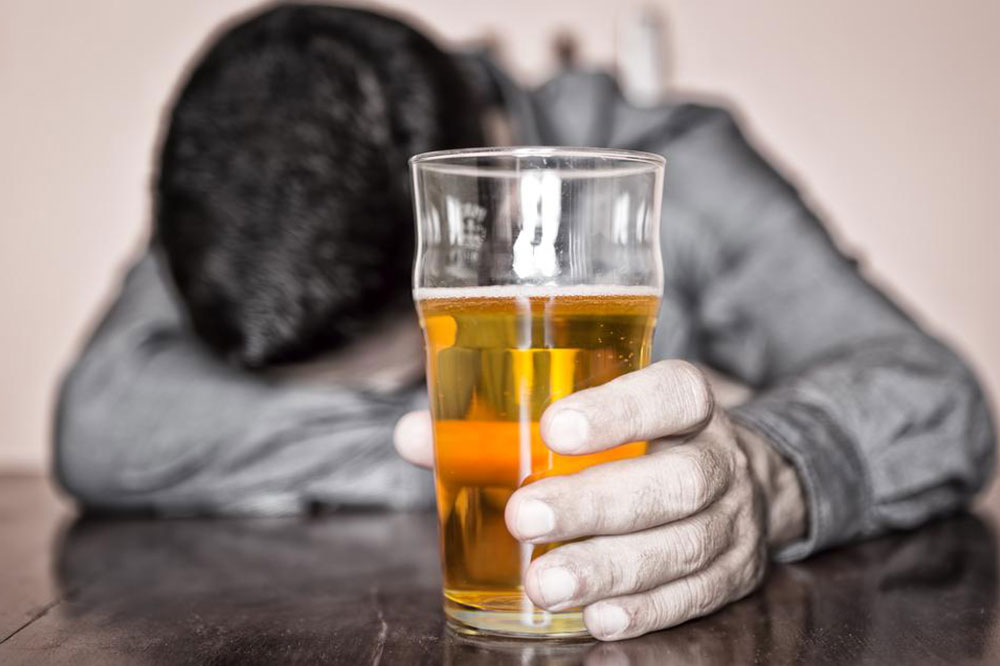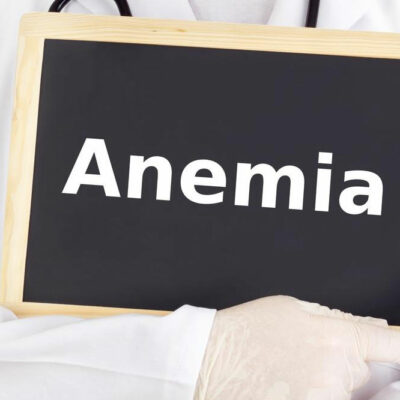
Ways to Treat Alcohol and Substance Abuse
There are several treatment options for alcohol and substance abuse but the journey begins only when suffering from any form of addiction acknowledges the problem. These treatment options can help in getting rid of the addiction, and controlling the urges to relapse, which in turn can help improve the quality of life and overall health of the person.
Inpatient rehab
In this, the person who intends to access the treatment options for alcohol and substance abuse will have to stay in a rehab facility. These facilities offer complete therapeutic support during the treatment and create a substance-free environment to help with the de-addiction process. This is an ideal option for those experiencing addictions as a chronic problem. It is also a good resort for individuals battling addiction, along with other mental illnesses or behavioral problems. By staying at the facility, it becomes easier for the patients to recover as there are no external triggers to challenge the process. Some of these programs may also include support services like employment training.
There are two options for such rehabilitation programs: short term and long term. The latter may range from 6 months to a year. Individuals enrolling in long-term inpatient rehabilitation programs can expect professionals to use the entire community at the facility, including the staff and other patients, as a part of the treatment. The short-term programs last for 3 to 6 weeks and may be followed by outpatient therapy to avoid any incidence of relapses.
Outpatient rehab
Outpatient rehab consists of effective treatments that are completed while the individual goes about his/her normal life. Patients can live in their homes and go for work during the process. Although, they will have to attend weekly, or more frequent sessions, with the professionals. Among the various treatment options for alcohol and substance abuse, this one is suitable for those with mild addiction problems and has a strong commitment to the program. Discipline in following the treatment is of utmost importance as patients may find triggers in their day-to-day life that can push them back to alcohol or substance abuse.
Support groups
Support groups are not complete treatment options by themselves for severe cases but can serve as a complementary measure to cope with addiction. This reinforcement in the form of group counseling can reinforce discipline in the patients.
Behavioral treatments
This type of treatment seeks to change the behavior with counseling as a primary tool. This will also include working towards developing other skills to reduce drinking as well as finding ways to tackle or avoid triggers. There are three types of behavioral treatment options for alcohol and substance abuse: cognitive behavioral therapy, motivational enhancement therapy, marital and family counseling, and brief interventions.


